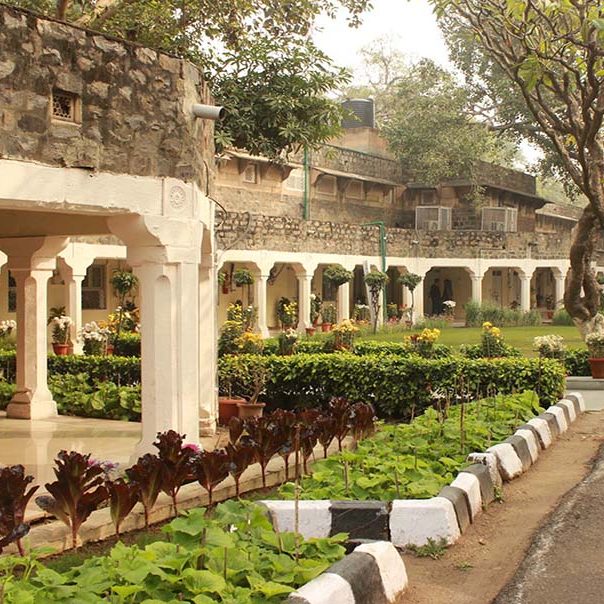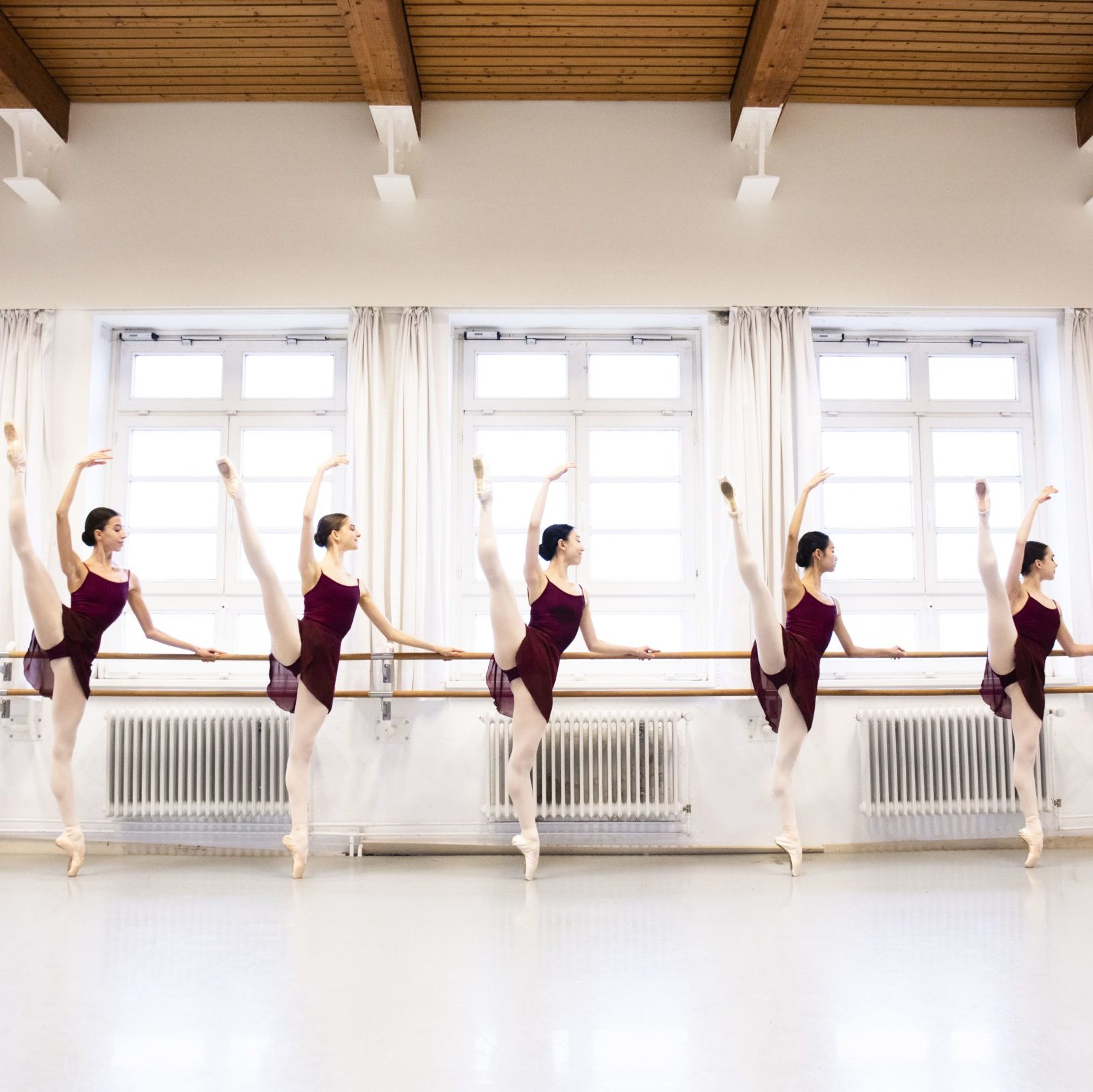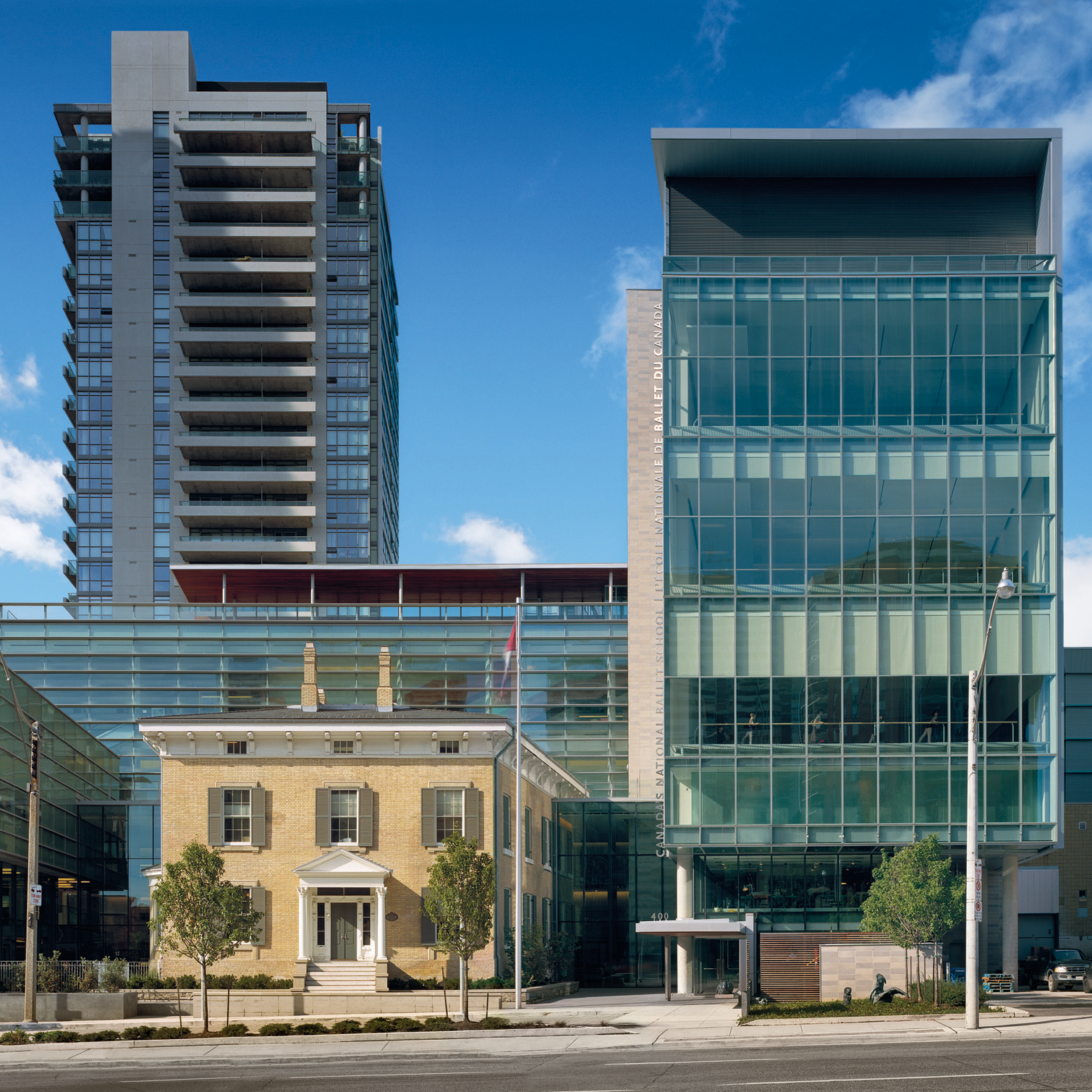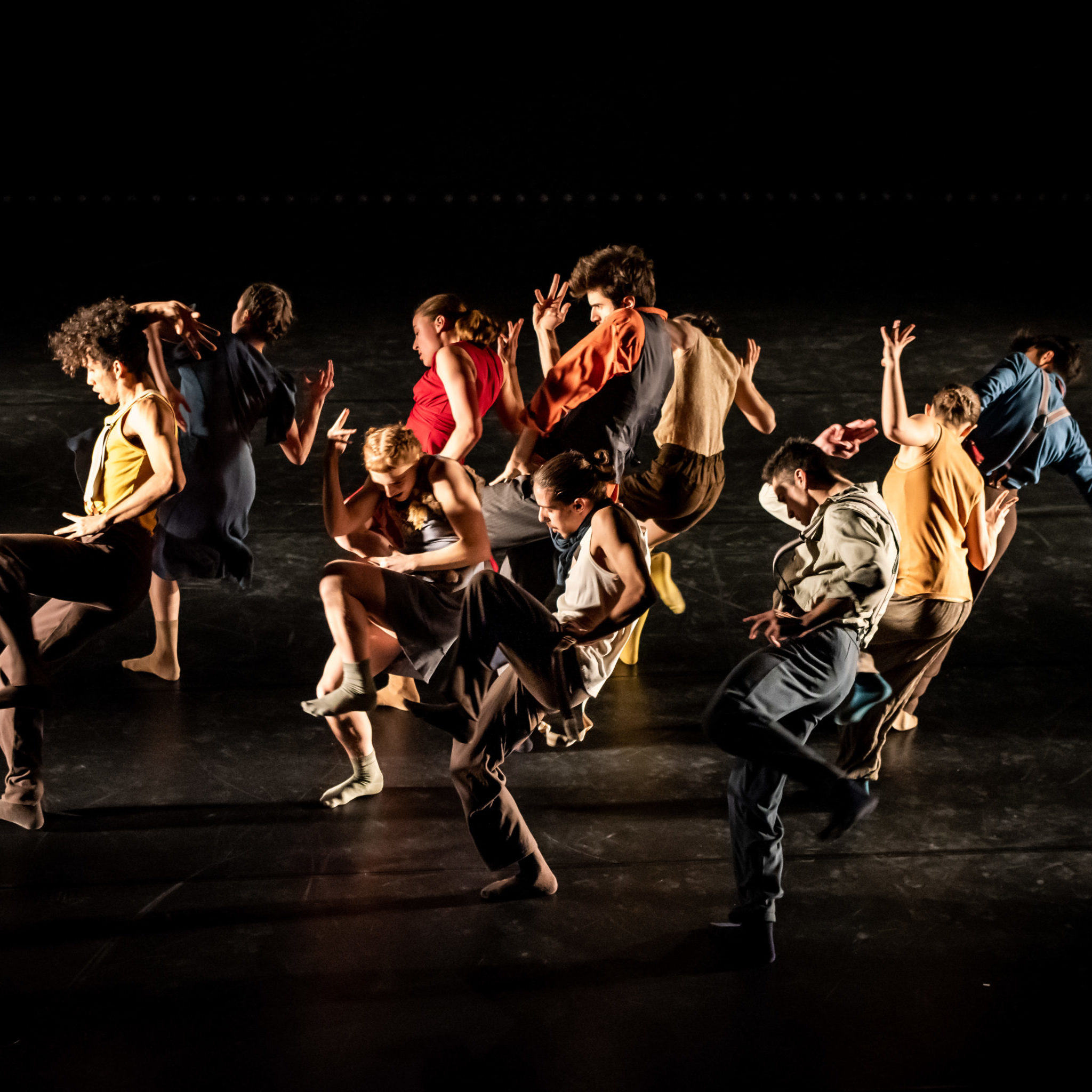
Monica Gillette
A choreographer and dramaturg, Monica Gillette brings over 25 years experience in the performing arts, as well as expertise in artist driven networks, participatory projects and transdisciplinary research. After an education in classical ballet, Monica developed a career in the field of contemporary dance in Los Angeles and New York. In 2008, she began working at Theater Freiburg, not only as a dancer and choreographer, but also in areas of community building and project development. Monica was the dramaturg for the EU project Migrant Bodies – Moving Borders (2017-2019) and editor of the resulting publication. She leads workshops and facilitates collaborative research practices, utilising her dance skills for embodied reflection.

SCHOOL OF CULTURE AND CREATIVE EXPRESSIONS (SCCE) AMBEDKAR UNIVERSITY Delhi, India
The School of Culture and Creative Expressions (SCCE), founded in 2012 at Ambedkar University Delhi, is conceptualised as a location that implements a new vision for arts pedagogy and practice in India, with pioneering programs that anticipate the opening up of a dialogue between practice and research. SCCE’s MA Performance Practice (Dance) program is the first practice-based program of its kind in South Asia. With its integrative curriculum that includes physical training, choreography, critical thinking and inter-disciplinary studies, the program will equip its participants to redefine and rearticulate the boundaries of dance practice as performers, creators, researchers, pedagogues or managers through a critical engagement with the embodied cultures and the evolving dance ecology of the Indian subcontinent. Through a supportive dialogue that enables students to develop and refine their work, students are encouraged to become agents of their own learning.

INVISIBLE CENTRE OF CONTEMPORARY DANCE, Iran
Invisible Centre of Contemporary Dance was launched in 2010 in Iran. It has been formed to centralize activities such as workshops, jam sessions, research, screening dance films and an underground dance festival called UNTIMELY. The main aim of the center is to introduce the term contemporary dance in Iran and to open up possibilities for people who are interested in it. Approximately one thousand people have participated so far in the 114 workshops given by Mohammad Abbasi. None of the activities of ICCD have been announced or promoted so far by the media, instead spread through word of mouth. There are no criteria for participation in the workshops. Everyone, regardless of age, dance skills and physical abilities, can participate in the workshops. There have also been about 30 workshops given by guest teachers from abroad.

BALLETTSCHULE DES hAMBURG BALLETT / SCHOOL OF THE HAMBURG BALLET, Germany
Prof. John Neumeier, Artistic Director and Chief Choreographer of the Hamburg Ballet, has continually focused on the preservation of ballet tradition, while giving his works a modern dramatic framework. In 1978, he founded the School of the Hamburg Ballet. In 1989 the school, together with the company, moved into its own “Ballettzentrum” (ballet center). Today about 80% of the company’s dancers are graduates from the school.
The School of the Hamburg Ballet trains young people from all over the world for a professional dance career. The syllabus gives priority to all aspects of classical-academic dance such as pas de deux, pointe work, classical and contemporary variations, and Neumeier-repertoire. The syllabus also includes courses dedicated to the techniques of modern and character dance and is complemented by Pilates and strengthening classes. A strong emphasis is put on classes in choreographic composition.

BALLETT-AKADEMIE DER HOCHSCHULE FÜR MUSIK UND THEATER MÜNCHEN, Germany
The Ballett-Akademie der Hochschule für Musik und Theater München belongs to the leading educational institutions for stage dance. The spectrum of instruction ranges from the lower levels with eight-year old apprentices, the BA programme for dance on up to the Junior Company in cooperation with the Bayerische Staatsoper and the Heinz Bosl-Stiftung. The foundation of the educational program is the Russian Vaganova method, augmented by other pedagogic approaches and modern dance technique. As early as possible, the young dancers gain experience on stage at many appearances. Since 2010, the Ballett-Akademie has been under the direction of Prof. Jan Broeckx, an internationally revered guest dancer, ballet master and dance teacher.

AKADEMIE DES TANZES DER STAATLICHEN HOCHSCHULE FÜR MUSIK UND DARSTELLENDE KUNST MANNHEIM, Germany
The academy is one of the educational institutions for dancers in Germany that has the richest tradition. Its roots reach back into the glorious time of ballet in Mannheim in the 18th century under the Prince elector Carl Theodor. The classic European ballet tradition is the basis for instruction and the point of departure for the classical repertoire as well as for all contemporary dance styles and improvisation. We see our role as a pedagogic team in working with students on the basis of trust while cultivating mutual respect. In order to assure this, international guest teachers are invited on a regular basis, paired with workshops, lectures and master classes with neo-classic and contemporary choreographers. Students are also integrated into a specifically oriented and diverse repertoire in order to receive stage practice. The educational program’s motivation and impulse must be to go beyond one’s own limits and open up new artistic horizons.

CANADA’S NATIONAL BALLET SCHOOL TORONTO, Canada
At Canada’s National Ballet School (NBS), excellence, access and inclusion fuel our belief in sharing the transformative power of dance to change lives for the better. NBS’ Olympic-calibre training prepares young dancers and teacher trainees for careers in companies and studios around the globe. NBS’ community programs empower Canadians to be more active, connected and confident through the artistic expression of dance.

CODARTS DANCE Rotterdam, The Netherlands
Codarts University of the Arts, offers a BA dance program. A combination of intensive studies in dance techniques, improvisations/composition, performance practice and related theory and reflection. Apart from our dedicated faculty we work with a wide range of guest teachers and guest choreographers linking our student community to an active professional (inter)national dance field.

DANCESCAPE SOUTH AFRICA Cape Town, South Africa
Dancescape South Africa facilities dance classes for the youth in disadvantaged townships in South Africa. Our aim is to get kids off the street away from destructive elements and provide them with activities that are good for mind and body. We strive to provide opportunities for talented students to pursue a career in the performing arts there by uplifting these communities through dance.

FOLKWANG UNIVERSITÄT DER KÜNSTE Essen, Germany
The Folkwang Universität der Künste has been educating international dancers since 1927. Many important personalities are connected to this university, among them some that are world famous, such as the Folkwang co-founder Kurt Jooss or his student Pina Bausch. This dance education program sees itself as interdisciplinary, tied to traditions and active in many directions. Working with guest choreographers plays an important role.
